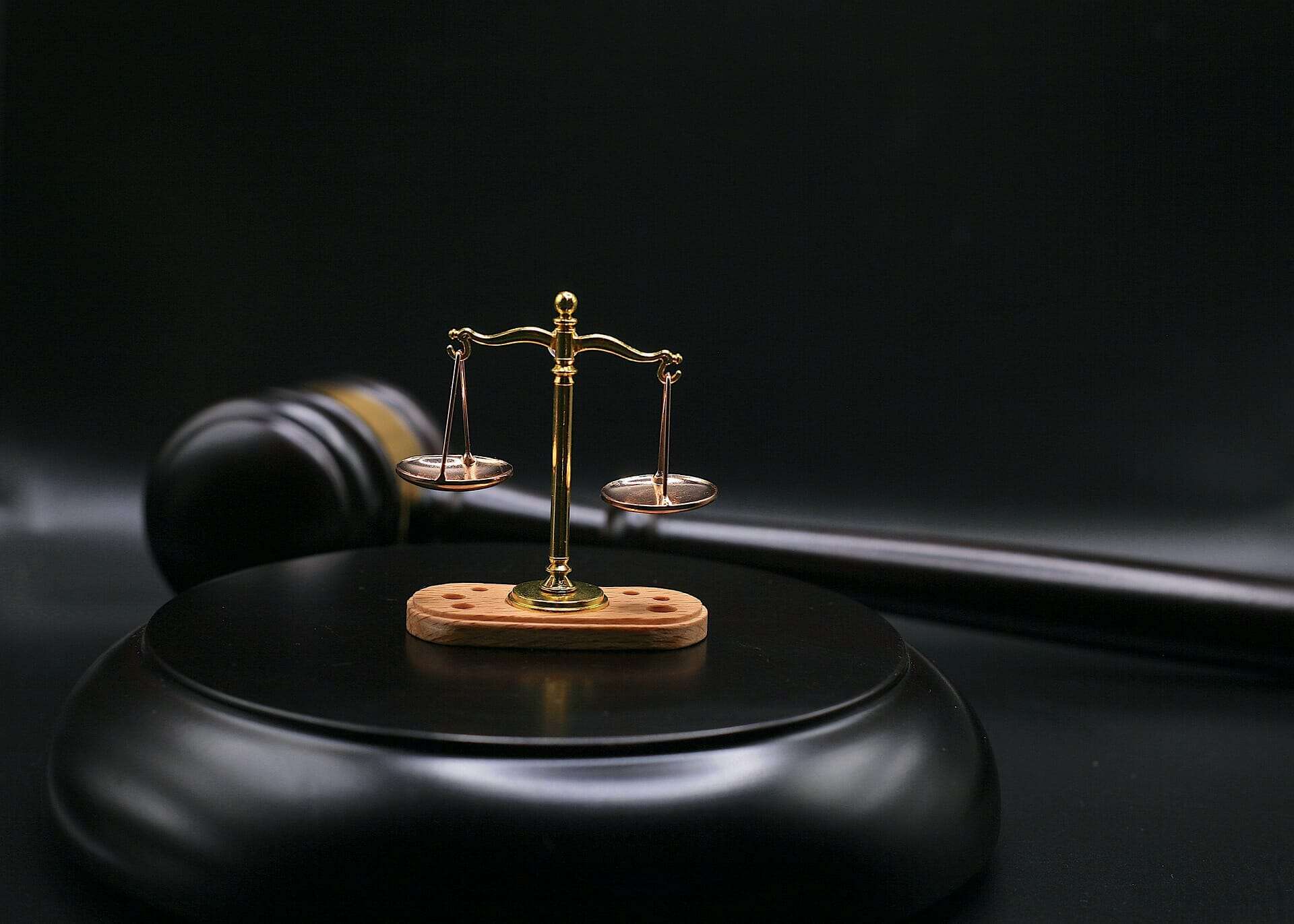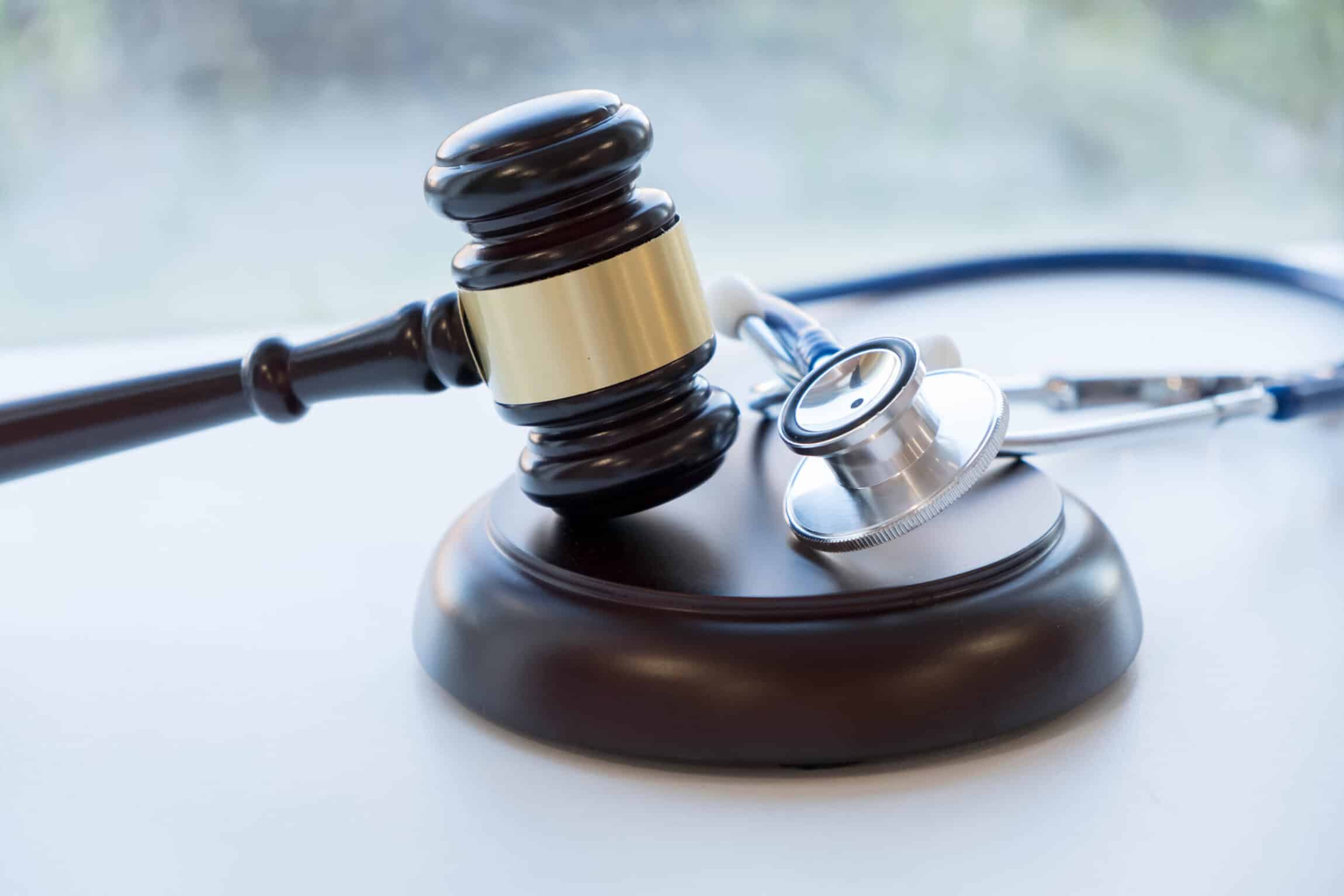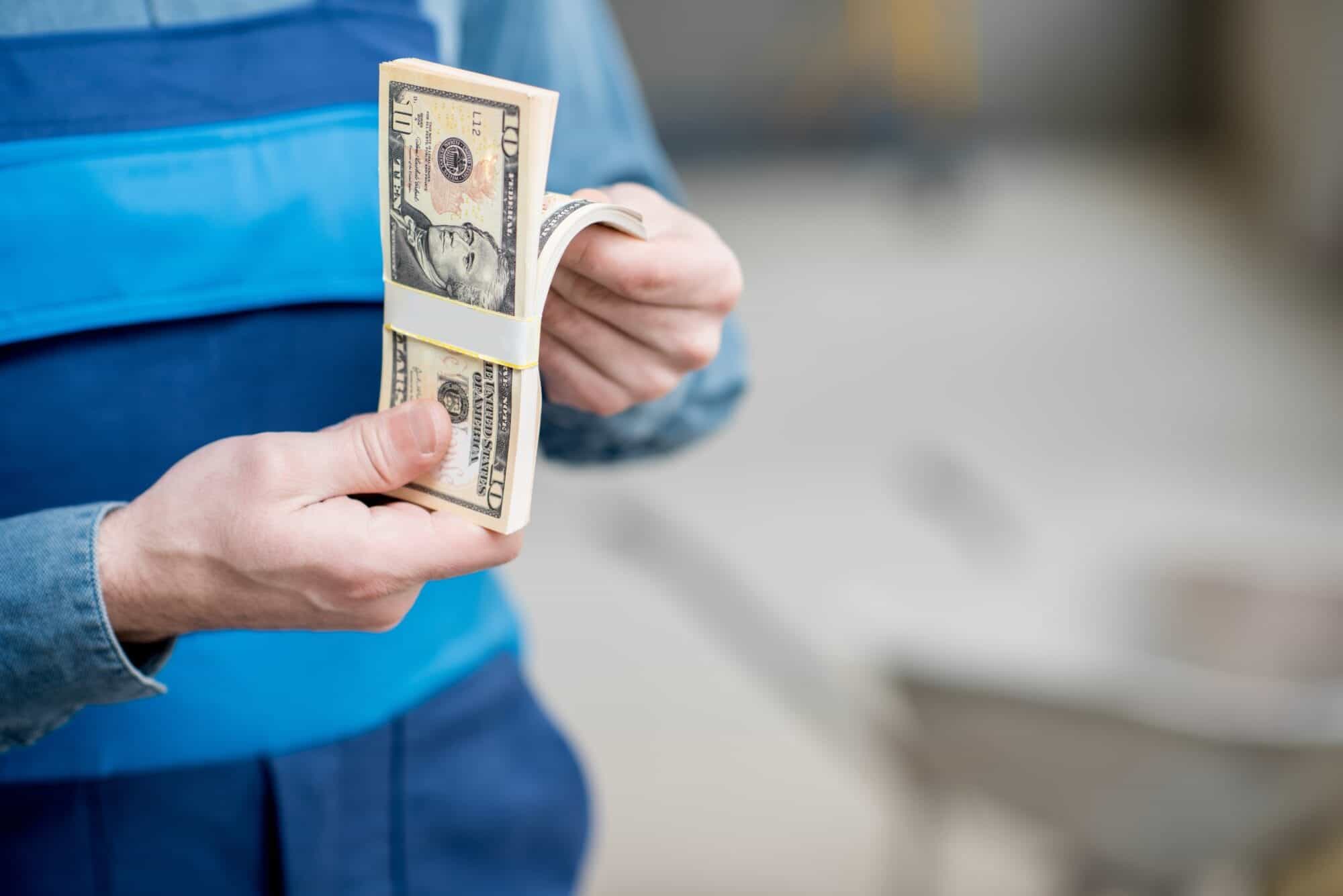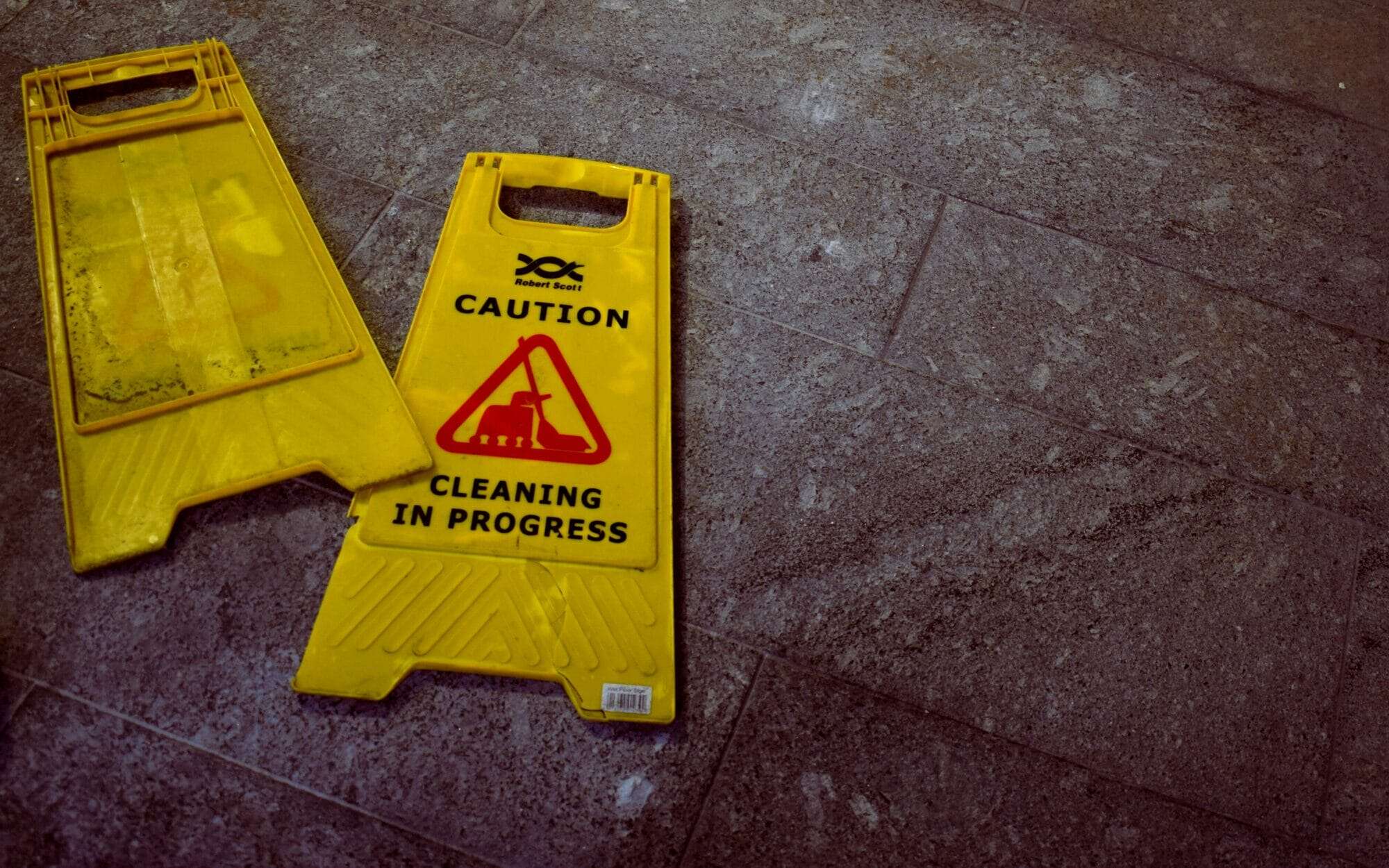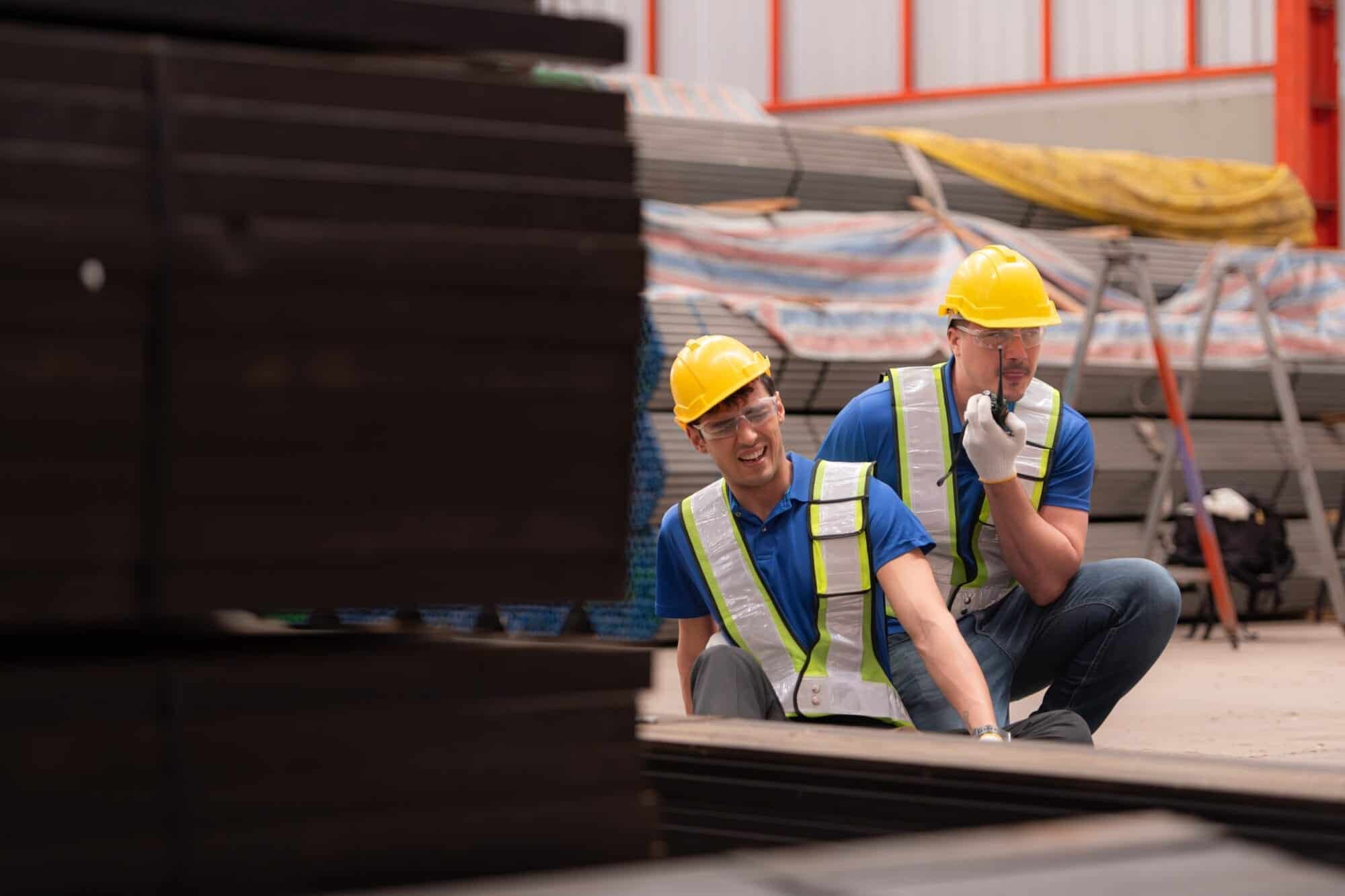Slips and falls are among the most common causes of injuries in Virginia and the United States. A recent industry report shows over 8 million people go to the emergency room each year for slips and falls, with the average cost of an injury being $30,000 to $40,000. Most of the time, these injuries occur due to the failure of the property owner to maintain their property and ensure it is safe for the public.
If you fall while on someone else’s property, you may file a claim against them to receive compensation for your damages. However, under Virginia Contributory Negligence laws, if you contributed to the incident in any way, you cannot recover compensation for your injuries. Unfortunately, the defendant and their insurance companies may use this law to apportion blame unfairly and deny or reduce your claim. If this happens, call an experienced premise liability lawyer in Richmond, VA. So, let’s figure out how contributory negligence affects a slip and fall case. But first, we’ll cover in detail what contributory negligence is.
What is contributory negligence?
Contributory negligence is the plaintiff’s failure to exercise reasonable care for their safety. In Virginia, contributory negligence is a legal doctrine that provides that a plaintiff’s negligence that contributes to their injuries, regardless of how minor it is, bars them from recovering compensation for those injuries.
How does contributory negligence affect slip and fall?
In terms of slips and falls cases, if the injured party’s negligence contributed to their slip and fall in any way, they may be barred from collecting compensation from the property owner or other liable parties. In essence, contributory negligence laws provide no comparison of fault between the injured person and the wrongdoer. This means that if you are even 1% at fault in a way to the incident that contributes to your injuries, you will lose your claim.
Common Arguments That Defendants Use to Avoid Liability
Although commercial businesses and private property owners owe a duty of care to keep guests, customers, and visitors safe from injury while on their premises, they may use contributory negligence provisions to divert blame toward you.
Some of the common arguments property owners and their insurers use against plaintiffs during slip and fall cases include:
- They may argue that you were distracted and didn’t notice warning signs that would have prevented you from slipping and falling.
- They may also argue that although you saw the hazard, you didn’t take adequate precautions to avoid it because you thought you would get around it.
- You were not wearing appropriate shoes for the environment, contributing to your slip and fall. This argument is mostly used for accidents in outside areas, such as sidewalks and paths with slippery substances like ice.
Examples of Negligence in Slip and Fall Cases
Contributory negligence laws make it more challenging to prove total liability on the property owner after a slip and fall accident. There are several loopholes that the property owner can use to apportion blame unfairly and make the injured person vulnerable to being considered partially at fault for the accident. The injured party must prove the property owner or business made no attempt to fix a hazard or warn you of their existence before you were hurt.
Other examples of negligence that may entitle you to seek compensation for your injuries include:
- Failure to clean up a spill
- Failure to install anti-skid protection stairs
- Failure to install and maintain handrails
- Failure to remove obstructions that force guests, employees, and visitors to walk in perilous areas
- Failure to replace worn carpet, tile, or wood
How to Prove Negligence in a Slip and Fall Lawsuit
When pursuing financial compensation for a slip and fall accident, simply stating that the property owner was negligent is not enough.
You must prove that they breached their duty of care and that their breach caused you to suffer injuries in a slip and fall:
- Proving the property owner breached a duty of care: You typically need evidence from the accident scene to prove that the property owner breached their duty of care. Some examples of evidence that your attorney may use include photos or videos you took of the scene, videos from surveillance cameras, statements from eyewitnesses, and evidence obtained during the on-scene investigation.
- Proving the breach caused you to suffer injuries: An effective way to prove your injuries in a slip and fall is to seek medical treatment soon after the incident. You will use your medical records, including the doctor’s report to establish your right to full compensation for medical bills, pain and suffering, lost income, and other losses.
Proving that a property owner was negligent in a slip and fall claim is complex. Insurance companies often defend against premise liability claims by apportioning some of the blame on the victim’s negligence. In contributory negligence states like Virginia, this can bar you from receiving your rightful compensation.
Contact an Experienced Premise Liability Lawyer in Richmond, VA
The experienced attorneys from Renfro & Renfro, PLLC, can review the details of your claim and determine whether you qualify to file a premises liability lawsuit. Our team has vast experience helping victims of slip and fall accidents recover their compensation. We understand the process can be complex and intimidating, so call us today at (804) 601-4433 or contact us online for a free consultation. Let our team guide you through your claim and help you receive the compensation you deserve.

